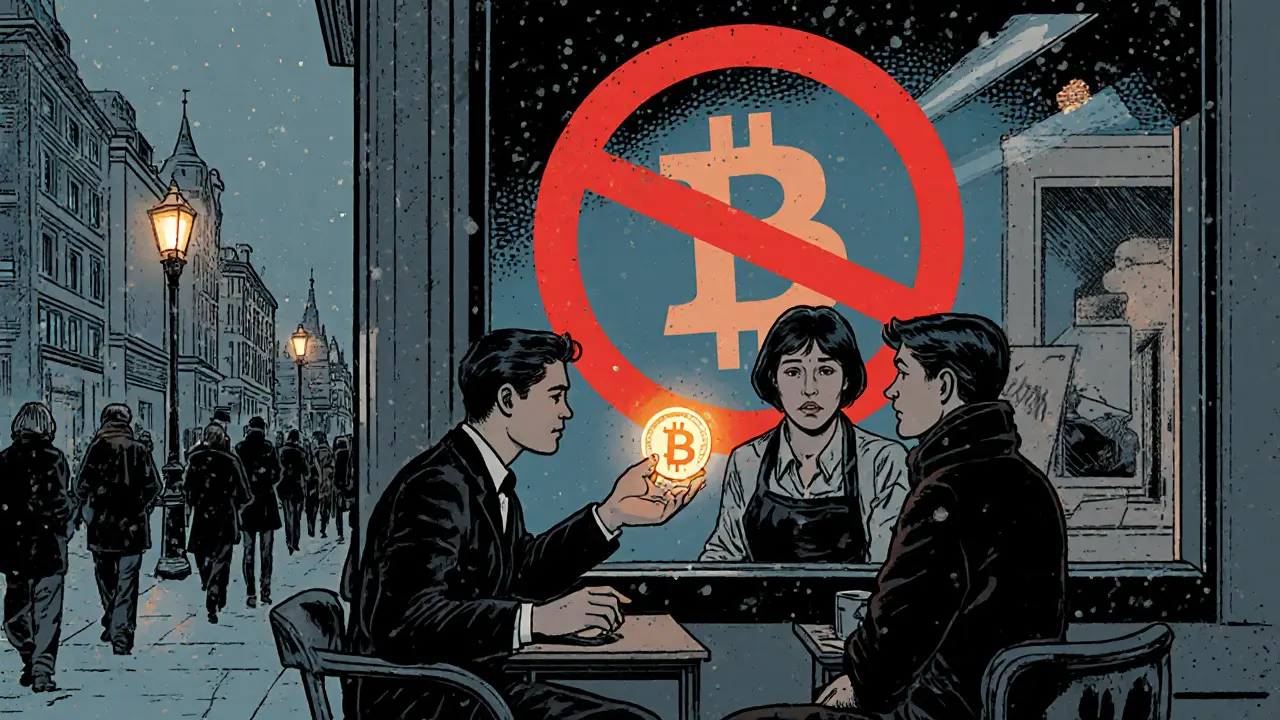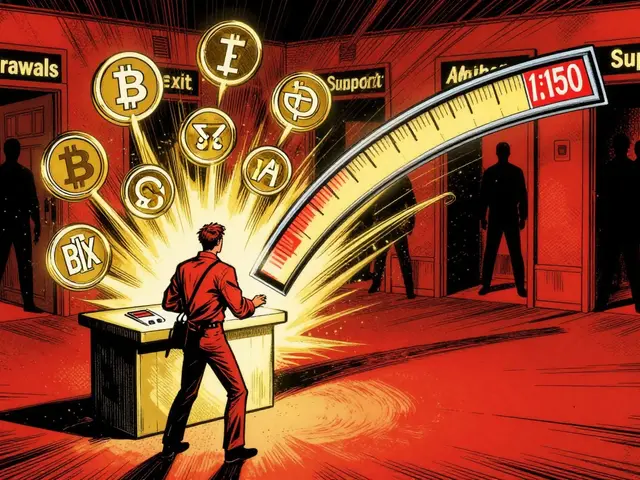Crypto Fines Russia: Latest Penalties, Rules & Impact
When dealing with crypto fines Russia, the monetary and criminal sanctions imposed by Russian authorities on cryptocurrency violations. Also known as Russian crypto penalties, they affect everyone from traders to exchange operators. Money laundering penalties, punishments for violating anti‑money‑laundering (AML) rules are a core part of this regime, while Rosfinmonitoring, the federal service that oversees financial monitoring in Russia acts as the enforcement arm. Together they create a compliance landscape that demands stricter reporting and verification.
Regulatory pressure in Russia has grown since the 2020 crypto law, which introduced a licensing model for exchanges. The law sparked a wave of crypto fines Russia as authorities began to enforce AML and counter‑terrorism financing (CTF) rules more aggressively. This shift means that non‑compliant platforms now face fines that can reach millions of rubles, and individuals risk imprisonment for repeat offenses. The central bank’s stance that digital assets are not legal tender adds another layer of risk for anyone trying to sidestep reporting requirements.
Key Areas Covered
Digital asset compliance, the set of policies and technical measures required to meet Russian financial regulations includes mandatory KYC checks, transaction monitoring, and secure record‑keeping. Failure to implement these controls often triggers the hefty fines referenced earlier. Additionally, Rosfinmonitoring has introduced a real‑time monitoring system that flags suspicious wallet activity, forcing exchanges to integrate automated alerts. These tools not only help avoid penalties but also improve market transparency, which can encourage more institutional participation despite the regulatory drag.
One practical implication of the fine structure is the need for robust AML software. Platforms that previously relied on manual checks now invest in AI‑driven transaction analysis to detect patterns indicative of laundering or sanction evasion. The cost of such systems is offset by the avoidance of fines that can cripple a small exchange’s balance sheet. Moreover, the threat of criminal prosecution has pushed many crypto businesses to seek licenses from the Central Bank, a process that demands capital reserves, audited financial statements, and regular reporting.
From a trader’s perspective, the heightened enforcement changes how you approach risk. Spot‑checking an exchange’s licensing status and its AML policies before depositing funds can save you from future headaches. If an exchange is fined, users may experience temporary withdrawal freezes, loss of access to funds, or abrupt service shutdowns. Keeping an eye on public fine notices published by Rosfinmonitoring helps you stay ahead of potential disruptions.
Another angle worth noting is the cross‑border impact. Russian authorities cooperate with foreign regulators through the Financial Action Task Force (FATF), meaning that violations can attract sanctions beyond Russia’s borders. For example, a Russian exchange fined for AML breaches may be blacklisted by European or US financial institutions, limiting its ability to process fiat on‑ramps. This interconnected risk underscores why digital asset compliance now carries a global dimension.
While the crackdown appears strict, it also opens opportunities for compliant service providers. Firms that can demonstrate full adherence to Rosfinmonitoring guidelines often receive preferential treatment, such as faster licensing approvals or access to state‑backed liquidity pools. In a market where trust is scarce, those who play by the rules can differentiate themselves and attract both retail and institutional clients looking for a safe gateway into crypto.
Below you’ll find a collection of articles that break down the latest fine cases, explain how to build compliant AML frameworks, and detail the practical steps you can take to protect your assets in this evolving regulatory environment. Dive in to see real‑world examples, step‑by‑step guides, and strategic advice tailored for anyone navigating the Russian crypto space.






